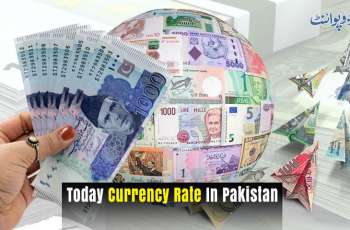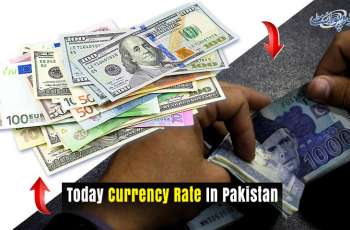ALGIERS (Pakistan Point News / Sputnik - 23rd September, 2018) The Joint OPEC-Non-OPEC Ministerial Monitoring Committee (JMMC) will hold talks in Algiers on Sunday to discuss the implementation of a recently-agreed production boost of 1 million barrels per day (mb/d) under the Vienna agreement and a potential further increase with several additional oil producing countries present as observers.
Symbolically, it was in Algiers where 15 OPEC member states agreed two years ago, in September 2016, to decrease its oil production by 1.2 mb/d, with 10 more countries, including Russia, later pledging to cut additional 600,000 barrels per day starting January 2017. The Declaration of Cooperation, known informally as the Vienna agreement, is effective until the end of 2018. However, at the last meeting in June, the 25 countries agreed to decrease its consistent over-implementation with output cuts and boost production by 1 mb/d starting July to offset unstable production levels in Venezuela, Iran, Libya and several other countries.
The JMMC comprises six members - co-chairs Saudi Arabia and Russia, Kuwait, Oman, Venezuela and Algeria - plus the United Arab Emirates, this year's president of the OPEC Conference. However, many more OPEC, non-OPEC countries were also invited to attend the meeting on Sunday, such as Libya, Nigeria, Iraq, Iran, Kazakhstan and others.
Iranian Petroleum Minister Bijan Zangeneh has canceled its attendance of the Algiers meeting, although it was him who was upset the most about the June decision to increase production levels by 1 mb/d, as the agreement did not specify how the collective 100-percent conformity could be reached if some producers, such as Iran, were unable to increase output and their production quotas were not transferable to other producers.
Over the summer, Zangeneh sent several letters to the OPEC president, UAE Energy Minister Suhail Mazrouei, criticizing the JMMC for attempts to redistribute oil production quotas of OPEC states that cannot increase output to non-OPEC countries. Nevertheless, the ministerial monitors are reportedly discussing to increase production even further, as it is still unclear what effect the looming US sanctions will have on Iran's oil output numbers.
Moreover, the JMMC could also advance its discussions on the format of the OPEC, non-OPEC agreement set to be signed by the end of the year, which will institutionalize cooperation between 15 OPEC countries and 10 non-OPEC oil producers for years to come.



